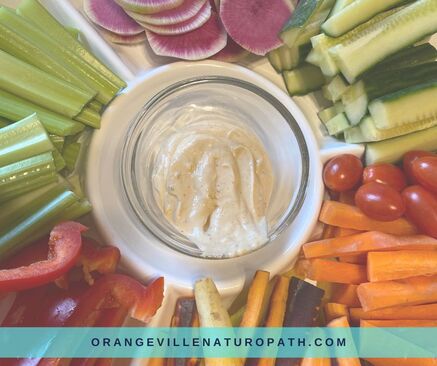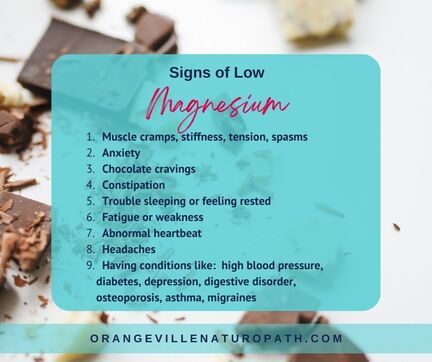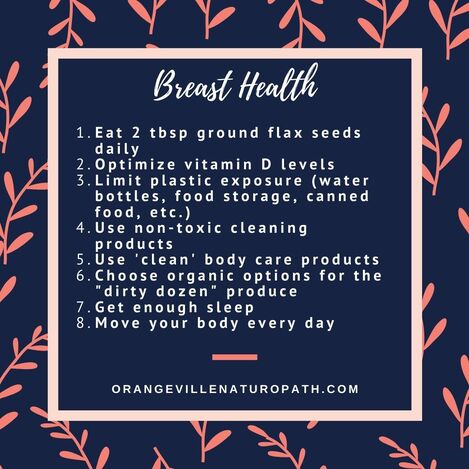Vitamins and herbs can be wonderful for moving the trajectory of your health and stimulating healing. We know that nutrient depletion of the soil has led to deficiencies in what we get from our food. Botanical remedies are nature's medicine, and many pharmaceuticals have actually been designed to mimic their action. Supplements also have fewer serious side effects than pharmaceuticals, but aren't totally benign. Sometimes, they can make you feel yucky... what does it mean when this happens?
My Supplement Makes Me Feel...
- Nauseous
- it might need to be taken with food, especially common when taking iron or zinc
- a deficiency of hydrocholoric acid in the stomach can also cause this feeling, you might need extra digestive enzymes or bitters, or to practice mindful eating to imporve digestion - Tired
- if might be too much at once to process or too high of a dose
- it could also be that the vitamins/herbs are speeding up detox but your body (liver & kidneys) can't keep up to clear the byproducts
- you could be reacting to an ingredient or filler (e.g. rice bran is a common one), or need a different form (e.g. liquid vs tablet) - Worse
- often this is from detoxing too fast or overwhelming the body with too high of a dose, generally we would reduce the amount or stop and try again at a lower quantity
- some individuals are more sensitive than others, I find most people know this about themselves and communicate it to me ahead of time so that we can choose a gentler dose or remedy - Melatonin makes you feel wired, not tired
- melatonin is actually a main antioxidant for the body, helping to clean things up at nighttime
- when melatonin has the opposite effect than desired it can mean that there is inflammation, particularly in the brain, that needs to be addressed - Like it has triggered an infection
- if you get an infection whenever you take a supplement, it can indicate that a biofilm (hiding place) has been broken open and released its contents
- this can happen with urinary tract infections, yeast, and chronic infections like mold, lyme, cold sores and EBV
- a different protocol might be needed to deal with the infection - Like it's not doing anything
- quality, type of vitamin or part of the plant, and dosing really do matter
- fillers or low quality ingredients will make a supplement less or ineffective, or be poorly absorbed
- it might need more time to work (e.g. it can take three months to shift hormones)
- it's the wrong choice, not everything works for everyone - good thing there's always other options! - Like you're reacting to it
- you could be!
- it's possible to be allergic to herbs or a filler ingredient
-> if you have a ragweed allergy, for example, use plants of the Asteraceae family (like echinacea or chamomile) with caution
- some plants have side effects
-> St John's Wort can increase sun sensitivity (and interact with several medications)
-> Licorice root can elevate blood pressure (in its non-deglycyrrated form)
- stop taking right away and let me know immediately if this happens
The great thing about Naturopathic Medicine is that I have such a variety of tools in my toolbox! If you experience any downside of using a supplement, for example, we can change the dose or switch to homeopathics, acupuncture and lifestyle supports. You just have to let me know about your experience so I can help you best!
One last thing you should know is that Health Canada is altering the way that supplements are regulated. Thank you to everyone that has submitted their concerns about these changes to their MPs! Canada already has one of the most tightly regulated Natural Health Products industries in the world. Additional changes will mean fewer products available and higher costs to consumers, ultimately impacting your choice in health care. Check out these two websites for more info and emails you can send. We also have cards at the Clinic you can fill out and mail.
Have an amazing day,
Dr Christa
_______________________
1. https://www.statista.com/statistics/471444/quarterly-retail-sales-of-drugs-vitamins-and-supplements-canada/
















 RSS Feed
RSS Feed